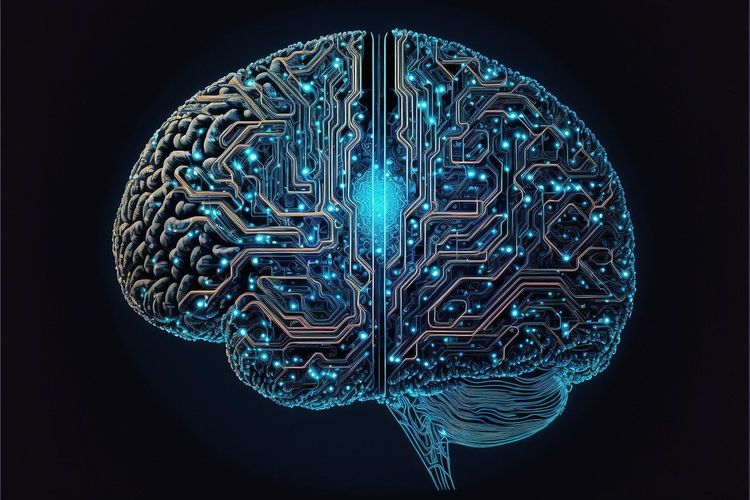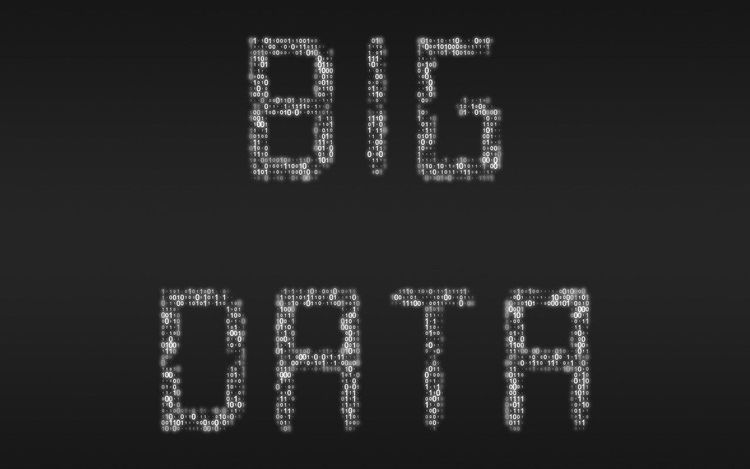When Microsoft launched its new Copilot+ PCs, it aimed to highlight the capabilities of its advanced Neural Processing Unit (NPU) and AI models through a standout feature: Recall.
On one hand, Recall raises significant privacy concerns, functioning like a sophisticated search bar. On the other hand, it has the potential to transform how we interact with PCs for years to come.
What is Recall?
At its core, Recall allows users to search through their past activities on their PCs. You can view all the applications and websites you’ve accessed, complete with a scrollable timeline of your activities.
What sets Recall apart is its AI functionality, which can comprehend and respond to natural language queries. For instance, if you're trying to recall details from a conversation but can't remember which app it was in, you can simply type your question. Recall can sift through everything you've done on your PC—apps, conversations, and websites—to locate the information you need, even if there isn't an exact keyword match. Results are categorized as “close matches” or “related matches,” further divided into “text matches” and “visual matches.” For example, searching for “goat cheese pizza” might also yield results for various Italian dishes.
Another example from Microsoft illustrates how users can easily pull quotes from a Teams message to use in a PowerPoint presentation. Recall can also help locate files without requiring you to remember their exact names or locations.
Once you find what you’re looking for, you can interact with the content directly within Recall. The program intelligently tailors its options based on the content type—be it a photo, text, or website. Recall will be conveniently accessible from the taskbar, as well as via the Windows Key + J keyboard shortcut.
Why Are People Concerned?
The underlying issue is that Microsoft employs small language models that operate in the background at all times—essentially persistent AI that constantly monitors user activities. It captures snapshots every five seconds of your tasks, providing insights based on the actions analyzed by the NPU. This means your PC would track every website you visit, video you watch, message you send, and more. Understandably, many users feel uneasy about this level of surveillance from a privacy and security perspective.
These concerns have been echoed by cybersecurity researcher Kevin Beaumont, prompting Microsoft to take action on Recall's implementation. Initially set to be enabled by default, the feature has since become opt-in, requiring users to intentionally activate it. Additionally, access to Recall is now secured through Windows Hello. However, due to ongoing concerns, Microsoft has announced the removal of Recall from the initial batch of Copilot+ PCs.
When Recall eventually rolls out, it is expected to remain fully opt-in, allowing users to control what data Recall can access. You will have the ability to filter out specific apps or websites, delete certain data entries, or disable the feature altogether. Users can also establish storage limits that will prioritize the deletion of older snapshots first. This setup will likely be completed during the initial configuration, with options available for later adjustments.
Importantly, Microsoft has stated that Recall operates entirely on-device because of the NPU, meaning none of your data will be sent to the cloud or shared with Microsoft. The company has asserted that user data will not be used to enhance its AI models either. Despite these assurances, many individuals remain skeptical given the sensitive nature of the information involved.
Another area of concern for users is device compatibility for Recall.
What Devices Can Use Recall?
Currently, you won’t find Recall accessible on your existing devices—at least not unless you're among the first to purchase one of the new Copilot+ PCs. Even next-generation AMD and Intel devices branded as “Copilot+” will not support Recall at launch.
Moreover, Microsoft has opted to exclude Recall from the initial rollout of Snapdragon X PCs in light of the security critiques. It is anticipated to be enabled through a future update, although a specific timeline remains unclear.
That said, the Copilot+ PCs are expected to be impressive machines, surpassing currently available models significantly. They represent the first ARM-based Windows PCs that truly merit consideration, even competing well against modern MacBooks. Microsoft claims that the NPU—capable of performing 40 TOPS efficiently—enables Recall’s functionality by offloading the processing from the CPU and GPU.
If you're wondering why the GPU can’t handle Recall, Microsoft's explanation is somewhat lacking, beyond concerns that it could negatively impact battery life. As the premier AI feature of Copilot+, Recall won’t be rolled out to all PCs just yet.
Despite these uncertainties, it seems that the NPU is a technology with a promising future, and we can anticipate enhancements to its performance in the coming years. For now, however, Recall is likely to remain a feature available to a select group of users for the time being.







